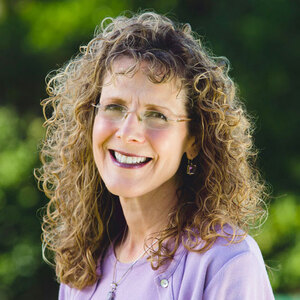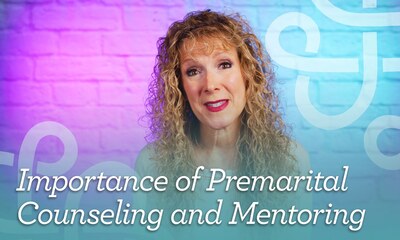Is Premarital Counseling Really That Important?

In our family, we just went through the experience of one of our children obtaining his driver’s license. It was quite a process! He had to pass an online course. He had to pass a permit test. He had to have six hours behind the wheel with a driving instructor. He had to complete 50 hours of behind the wheel experience with a parent. Lastly, he had to pass a driving test. It was an involved process! He had to go through all that just to obtain a driver’s license. However, the decision of obtaining a marriage license has much greater and much more lasting ramifications than obtaining a driver’s license. But do we undergo as much of an intensive preparation for our marriage license? I believe that every couple considering marriage should prepare themselves through premarital counseling, and I believe that there are many reasons why.
First, the expression that “you don’t know what you don’t know” really is true when it comes to marriage. If we have never been married before, we haven’t had the opportunity to experience what it takes to have a healthy marriage. We don’t know what kind of sacrifices will be required. We don’t know how to adjust to living so closely with another person. We don’t know what kind of communication and conflict resolution will be necessary. We don’t know how our ideas will be challenged. We don’t know how our schedule will be interrupted. We don’t know how our expectations will not be met. If we have been married before, these same points apply to us as well. Each person is different, and so marriage will be experienced differently with our new spouse.
the expression that “you don’t know what you don’t know” really is true when it comes to marriage.
Second, we probably are not even aware of what expectations we have for our marriage and for our spouse. We usually are not aware of expectations until they are not met. That sets us up for conflict. With premarital counseling, we are assisted in the process of uncovering what expectations we have, and we are guided in the process of collaborating and working them out before we say, “I do.” Realizing what expectations we have and collaborating together beforehand helps the adjustment process post-wedding to go much more smoothly.
We usually are not aware of expectations until they are not met. That sets us up for conflict.
Third, perhaps we did not have good modeling of a healthy marriage when we were growing up. We are unsure of how to work on a marriage. We don’t know how to be a supportive, mature spouse. We don’t know how to communicate our thoughts, feelings, wants, and needs in a way that fosters understanding and collaboration. Perhaps all we do know is that we don’t want to do marriage the way that we observed, and we have a fear that we won’t do it well. We want to do it differently, but we don’t have a blueprint or guide as to how to do it differently. Premarital counseling can provide that blueprint for us, and helps to take away some of that fear.
Connected to that is the fourth reason. Premarital counseling provides us a great opportunity to learn some very practical skills to do marriage well. We can learn communication skills, conflict resolution skills, listening skills, assertiveness skills, vulnerability skills, and self-awareness skills, just to name a few. And along with learning these skills, we have the chance to practice and rehearse them, to do a dry run, before we have to do them for real. That way we can refine them so that when we are married we already have some experience in using these tools effectively.
Lastly, some people are a bit hesitant to do premarital counseling because they believe that it indicates that something is wrong with their relationship and that counseling is only for when there are problems. That is not true! Participating in premarital counseling is a proactive tool that helps to avoid future problems. In fact, if we don’t engage in premarital counseling we are more likely to have future problems! Research by Scott Stanley et. al (2006) shows us that couples who obtain premarital counseling have a 31% lower chance of divorce. It can be helpful to think of premarital counseling as job training. We wouldn’t think of starting a new job without being adequately trained for it, and we wouldn’t think that we could do a new job well without training. Premarital counseling is just job training for our new job as a spouse.
Premarital counseling is just job training for our new job as a spouse.
There are many reasons why premarital counseling really is essential to have a healthy, growing marriage. Why not be as prepared as we possibly can be for one of the most important decisions of our lives? We should check out the premarital options available to us, and begin our very important job training. We will be so glad we did, as will our spouse!
Stanley, Scott M.; Amato, Paul R.; Johnson, Christine A.; Markman, Howard J. Premarital education, marital quality, and marital stability: Findings from a large, random household survey. Journal of Family Psychology, Vol.20(1), Mar 2006, 117-126.


